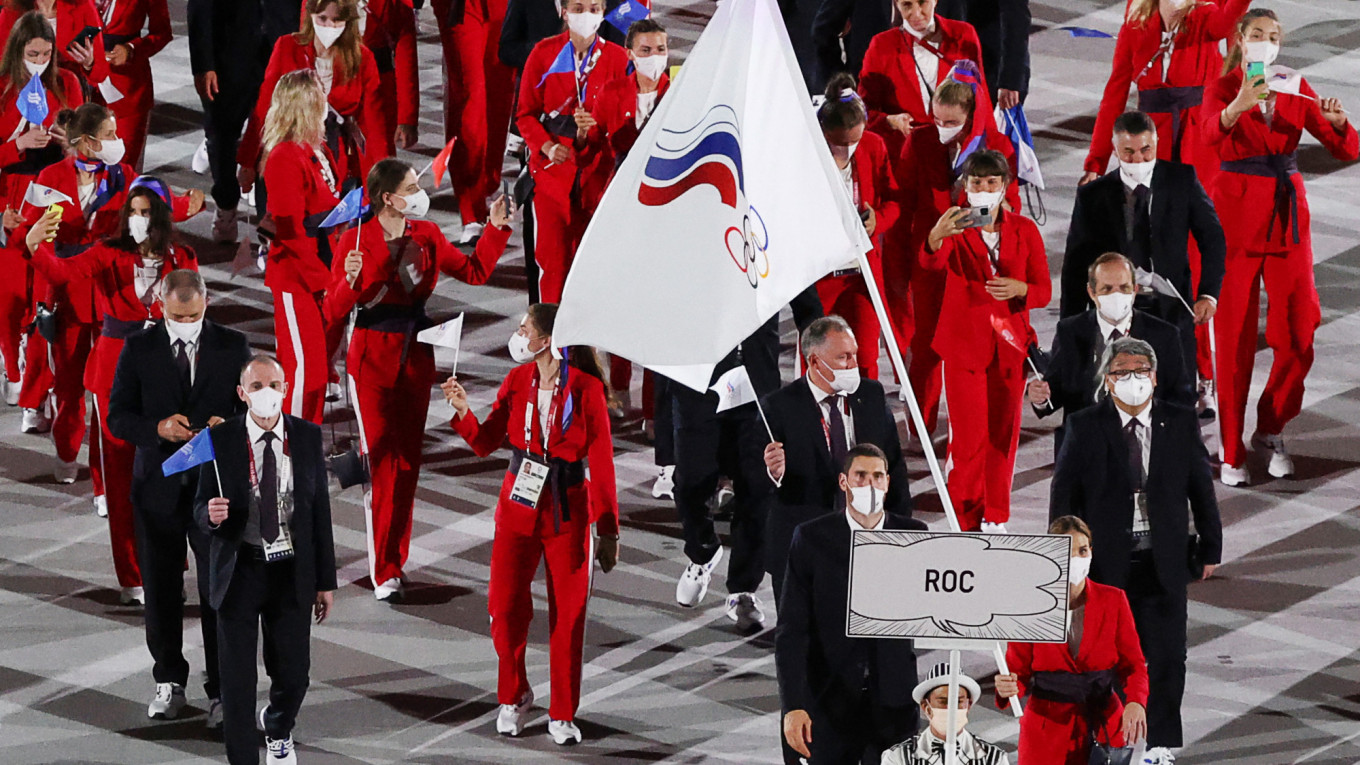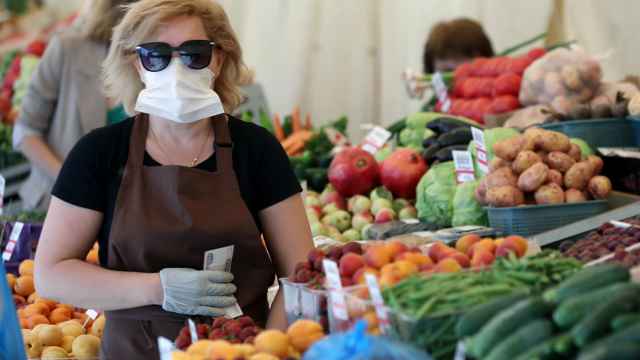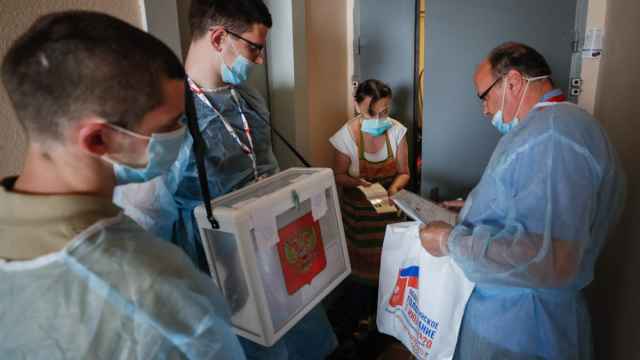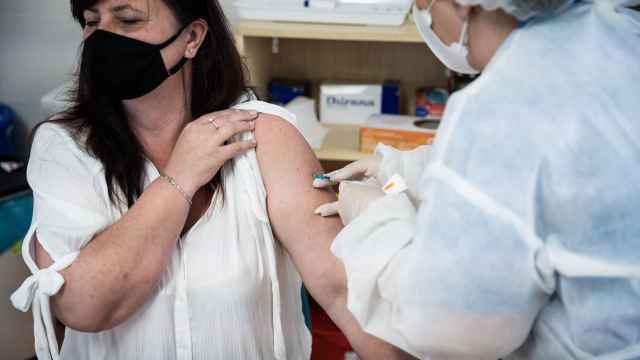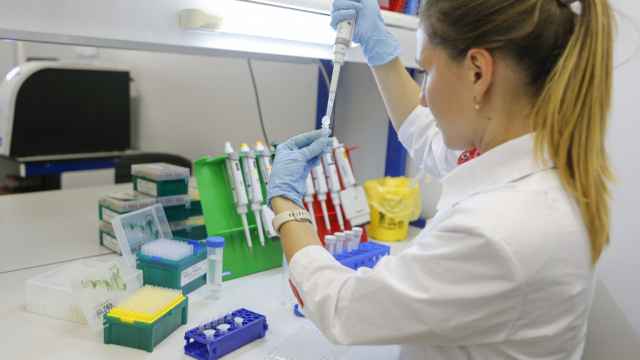Only half of Russia’s Olympic team has been fully vaccinated against the coronavirus, significantly lower than other countries taking part in the games.
More than 11,000 athletes will take part in the delayed Tokyo Olympics starting this week, and the International Olympics Committee (IOC) has said that at least 80% of all athletes and staff members participating have been vaccinated.
The latest figures are that we have reached 50%,” Konstantin Pozdnikov, president of the Russian Olympic Committee told Kommersant on Tuesday.
“Given the fact that a fairly large number of people already have natural immunity after a previous Covid-19 illness, we believe that Russian athletes to a certain extent have protection against coronavirus,” Podznikov told another Russian outlet on Wednesday, adding that “a vaccine or previous illness will not provide for a 100% guarantee against the virus.”
Russia has sent 328 athletes to Tokyo, where they will be forbidden from using their country’s name, flag or anthem as a result of a series of doping scandals that have plagued the country since the 2014 Sochi Olympics.
In comparison, ABC News reported on Friday that only 100 out of 613 U.S. athletes descending in Tokyo were not vaccinated.
The IOC and the Russian Olympic Committee do not require athletes to be vaccinated to participate in the Tokyo Olympics.
The disproportionately low vaccination numbers among Russian athletes reflect sluggish rates at home. According to a recent poll, 54% of Russians are still not ready to be vaccinated against the coronavirus despite a surge in infections driven by the highly contagious Delta variant and a widely available vaccine.
Early signs have shown that Russian athletes are also reluctant to be vaccinated. Last week, Russian media reported that every member of the CSKA Moscow football team had refused the jab.
While there have already been instances of fully vaccinated athletes contracting Covid-19 in what immunologists describe as “breakthrough infections,” multiple studies have shown that a vaccine limits the chance of contracting the virus. Symptoms for most vaccinated people are mild — if they appear at all — and research indicates that vaccines still provide strong protection.
Last week, European swimming champion Ilya Borodin was the first Tokyo-bound Russian athlete to test positive for Covid-19. He told Russian media he had chosen not to vaccinate.
“Maybe a vaccine would have helped, maybe it wouldn’t have. There is an element of luck in it. No point in guessing what would have happened with a vaccine,” Borodin told The Moscow Times by phone.
A Message from The Moscow Times:
Dear readers,
We are facing unprecedented challenges. Russia's Prosecutor General's Office has designated The Moscow Times as an "undesirable" organization, criminalizing our work and putting our staff at risk of prosecution. This follows our earlier unjust labeling as a "foreign agent."
These actions are direct attempts to silence independent journalism in Russia. The authorities claim our work "discredits the decisions of the Russian leadership." We see things differently: we strive to provide accurate, unbiased reporting on Russia.
We, the journalists of The Moscow Times, refuse to be silenced. But to continue our work, we need your help.
Your support, no matter how small, makes a world of difference. If you can, please support us monthly starting from just $2. It's quick to set up, and every contribution makes a significant impact.
By supporting The Moscow Times, you're defending open, independent journalism in the face of repression. Thank you for standing with us.
Remind me later.


